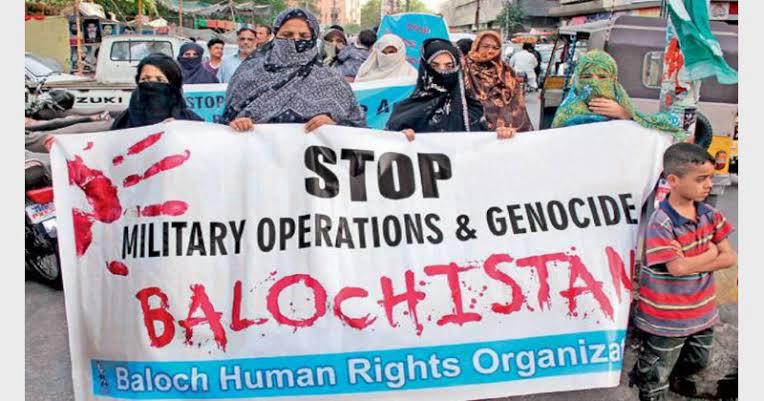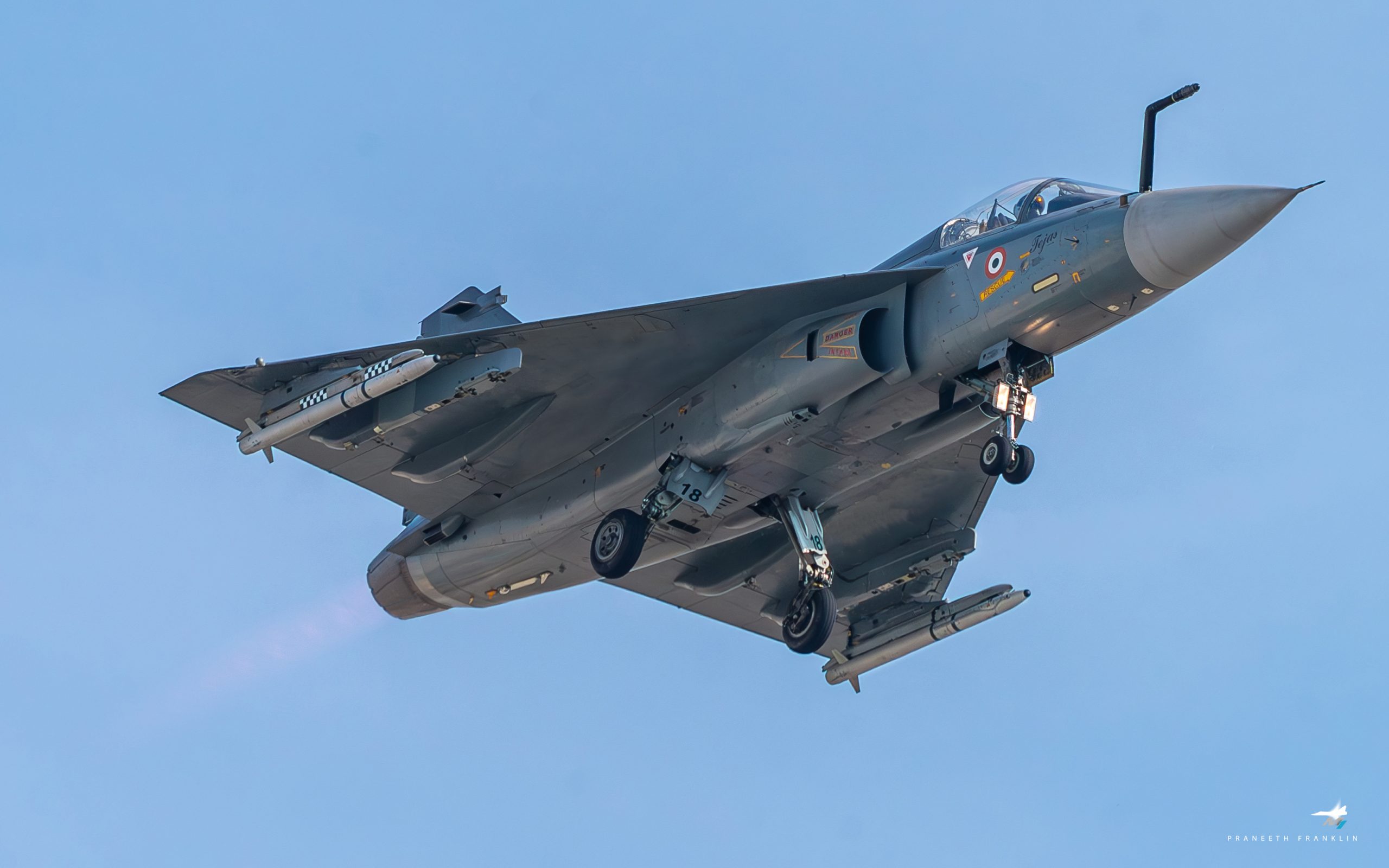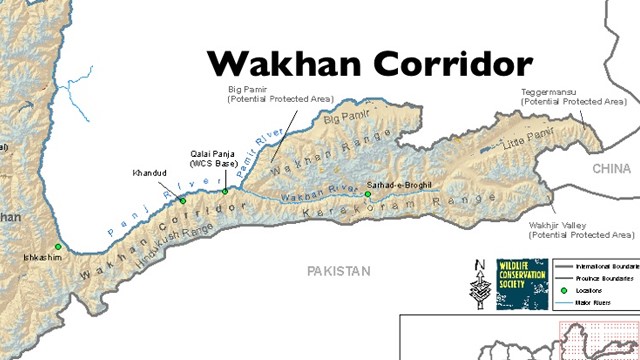
International Community Wake Up: Balochistan Cries For Help

Martin Luther king once rightly said, “The ultimate tragedy is not the oppression and cruelty by the bad people but the silence over that by the good people.” Balochistan, a region straddling Iran, Afghanistan, and Pakistan, has been marked by a complex history of geopolitical, cultural, and economic dynamics. There has been persistent concerns and grievances expressed by Baloch groups regarding their treatment by the Pakistani government. Balochistan history is characterised by a mix of tribal societies, regional conflicts, and shifting political boundaries. The incorporation of Balochistan into the newly formed state of Pakistan has been a bone of contention.
Since its incorporation their autonomy and rights have been eroded over the years. While the oppression of Pakistan against Balochistan has been persistent so has been the silence over it by the international community. There have been incessant human rights abuses in Balochistan, including allegations of enforced disappearances, extrajudicial killings, and suppression of dissent. Balochistan faces economic challenges, including issues related to resource allocation and development. The region has not received a fair share of resources, leading to economic disparities.
Over the course of seven decades, Pakistani government has been involved in mass killings and illicit executions in Balochistan, forming part of a persistent policy. These activities have shown a notable increase since 2002, with military and civil intelligence agencies collaborating with militias, death squads, and religious groups to forcibly vanish and apprehend numerous Baloch intellectuals, political activists, and social figures. Shockingly, it has become routine to discover the remains of Baloch activists displaying evident signs of torture. In the last 17 years, more than 15,000 individuals have been confirmed as either extrajudicially killed or reported missing, prompting almost half a million people to evacuate their residences. Many have sought sanctuary in nations such as the UK.
One of the most distressing aspects of human rights violations in Balochistan is the recurring issue of enforced disappearances. Numerous reports suggest that individuals critical of the government or advocating for Baloch rights have gone missing, their whereabouts remain unknown for extended periods. Families left in anguish demand answers, fueling concerns about the lack of transparency and accountability.
Allegations of extrajudicial killings have been another troubling aspect of human rights violations in Balochistan. Activists, journalists, and members of the Baloch community have been targeted, with accusations of security forces acting with impunity. Such incidents raise serious questions about the rule of law and the protection of fundamental human rights. Freedom of expression is a cornerstone of a democratic society, yet reports suggest that dissenting voices in Balochistan face repression. Journalists, activists, and academics have reportedly been subjected to intimidation and harassment, stifling the open exchange of ideas and hindering the development of a pluralistic society.
Concerns about the judicial process in Balochistan have been raised, with accusations of limited access to justice for those affected by human rights abuses. The lack of an effective and transparent legal system exacerbates the challenges faced by victims seeking accountability and redress.
The reported human rights violations have broader implications for the civilian population in Balochistan. Fear and insecurity have become pervasive, impacting the daily lives of individuals who live in a climate of uncertainty. Such circumstances hinder social and economic development, contributing to a cycle of instability.
In the 2016 Freedom in the World Report, Freedom House revealed that the Pakistani government blocked more than 400,000 websites that year. The provincial government in Balochistan restricted access to a Baloch human rights blog run by journalists and various Baloch websites, including The Baloch Hal and Daily Tawar, a Balochistan- based newspaper. A 2014 report by the International Crisis Group highlighted that Pakistan’s strategy in Balochistan focused on suppressing the Baluch insurgency rather than addressing demands for political and economic autonomy. The Human Rights Commission of Pakistan has documented a rise in civilian casualties in Balochistan due to recent security forces’ operations.
Despite comprising 43% of Pakistan’s land area and 6% of its population, Baluch representation in the country’s institutions is disproportionately low. A 2005 report by the Pakistan Institute for Peace Studies noted the absence of Baloch leaders in the top 200 businesses, no Baloch Ambassador, and only 502 Baloch recruits in the army. In 2006, reports from Pakistani experts and the International Crisis Group indicated that out of the 550,000-strong army (excluding paramilitary forces), only 15,000 were Baloch, representing approximately 1.3%.
These injustices warrant global attention, portraying Balochistan as a hotspot for severe human rights violations within Pakistan, a country with a concerning track record in upholding human rights, particularly its oppression of religious minorities like Christians and Ahmadis.
The echoes of history resonate as Balochistan faces human rights violations reminiscent of the circumstances that contributed to the creation of Bangladesh in 1971. In both cases, marginalized communities expressed grievances over perceived neglect, economic disparities, and alleged suppression of cultural and political identities.
The rise of human rights violations in Balochistan should concern Pakistan. They should remind historical events that led to the creation of Bangladesh. Such situation, if left unaddressed, have the potential to escalate tensions and exacerbate existing grievances within the Baloch community, as a result if which Pakistan can see repeat of history in the form of creation of New Bangladesh. Pakistan ignored and oppressed Bangladesh in same way and the human rights abuses in Balochistan will lead to a situation reminiscent of the events that unfolded in East Pakistan (now Bangladesh) over five decades ago. One can’t oppress and prolonged the neglect of legitimate concerns and Pakistan has very unwisely and shamelessly done so. Failure to acknowledge and address the legitimate concerns of the Baloch people have fueled seep separatist sentiments, mirroring the historical trajectory that led to the creation of Bangladesh.
The global community has largely overlooked the severe human rights abuses endured by the innocent Baloch people over the past 73 years, especially since 2001-02. Pakistan has executed a meticulously planned strategy to suppress the Balochistan population, unabashedly pursuing the region’s resources. Despite the introduction of democratic governance in Pakistan since 2008, the state’s treatment of the Baloch people has seen minimal change, with politically motivated detentions, killings, and disappearances witnessing a significant surge.
Nevertheless, the Baloch people’s movement to safeguard their rights is poised to persist due to deep-seated discontent within the province against the Pakistani state. The unwavering determination of the Baloch people to strive for freedom, autonomy, and rights remains steadfast.
The international community holds responsibility to address human rights violations wherever they manifest. Advocacy groups, governments, and international organisations should exert pressure on relevant authorities to conduct impartial investigations into alleged abuses. Diplomatic endeavors must underscore the significance of upholding human rights standards to guarantee accountability and
justice.











POST COMMENTS (0)